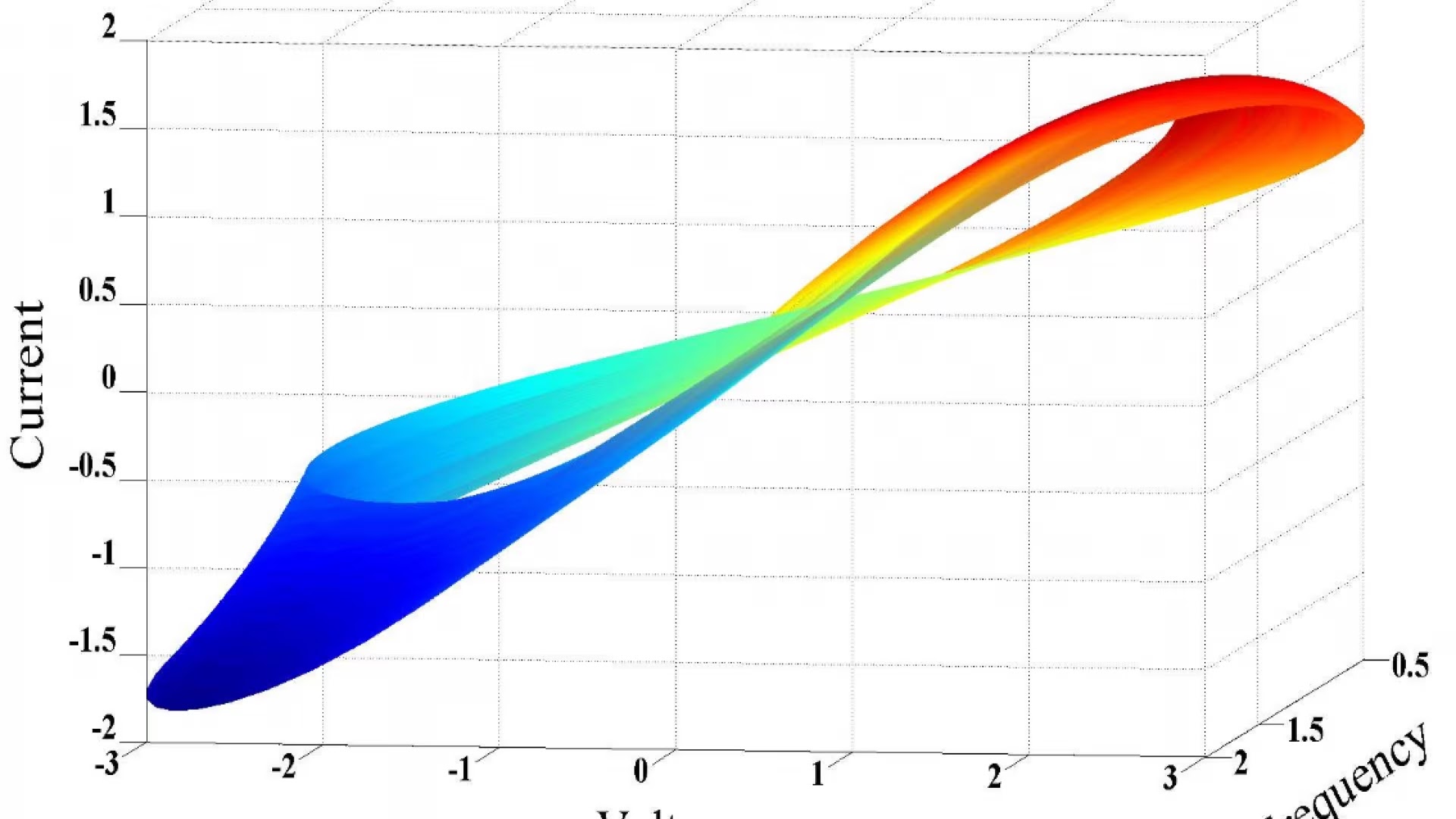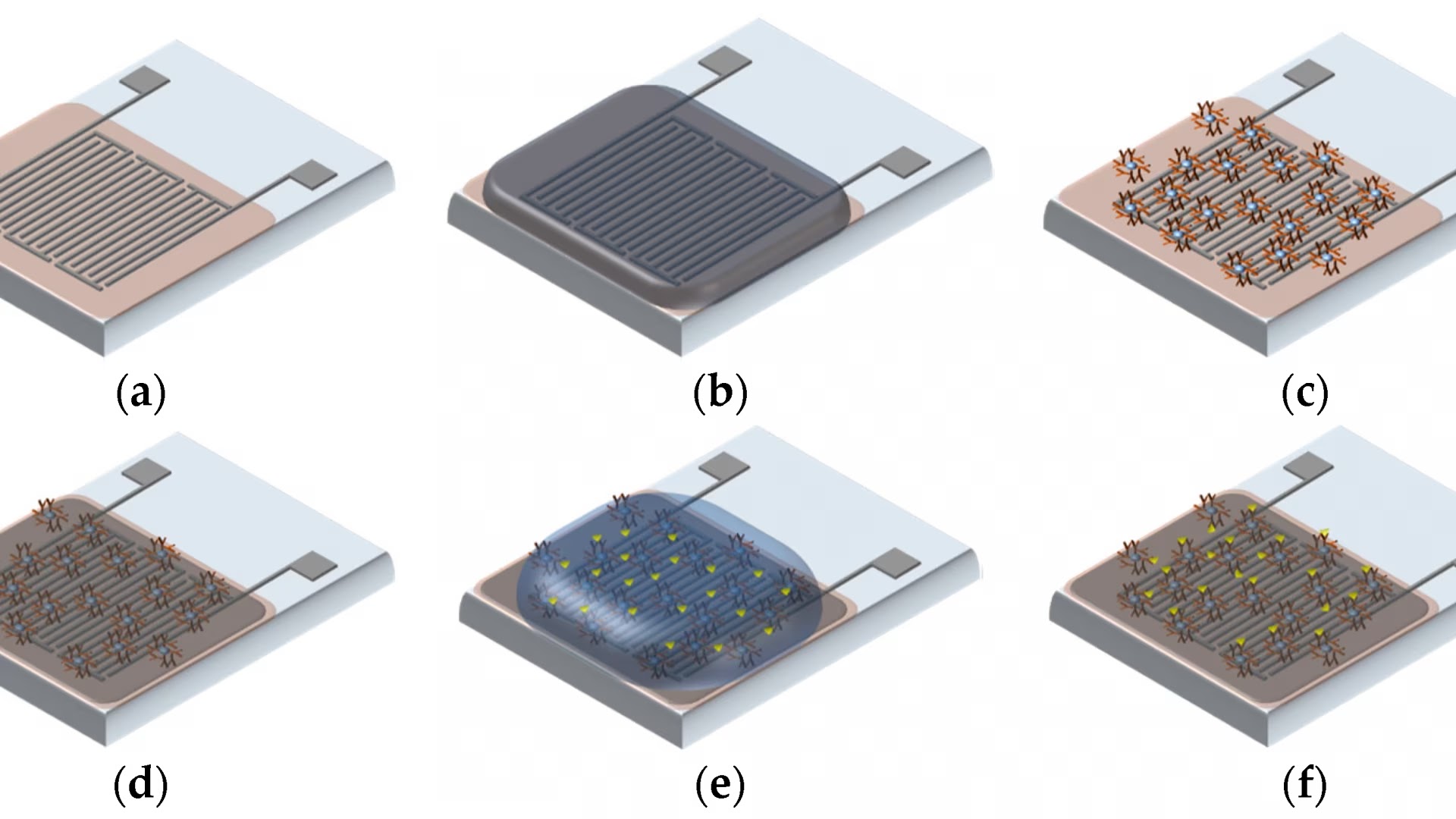Professor Salama's research interests cover a variety of interdisciplinary aspects of electronic circuit design and semiconductors' fabrication. He is engaged in developing devices, circuits, systems, and algorithms to enable inexpensive analytical platforms for a variety of industrial, environmental, and biomedical applications. Recently he has been working on neuromorphic circuits for brain emulation.
Current Projects

Memristor (M) is believed to be the fourth fundamental two terminals passive element, beside the Resistor (R), the Capacitor (C) and the Inductor (L). The existence of such element was postulated by Leon Chua in 1971, but without finding its passive realization. In 1978 Chua and Kang extends the idea to memristive devices and systems .

Abdulaziz alhoshany, Shilpa Sivashankar, Yousof Mashraei, Hesham Omran and Khaled Nabil Salama "A Biosensor-CMOS Platform and Integrated Readout Circuit in 0.18-μm CMOS Technology for Cancer Biomarker Detection," Sensors 2017, 17, 1942.

Understanding the brain behavior is currently gaining a huge attention worldwide. At the sensors lab, students under the supervision of Prof. K.N. Salama are exploring new computing technologies miming the way our brains process and store data. Using memristors to build neural networks reduces the required area significantly compared to classical circuits.